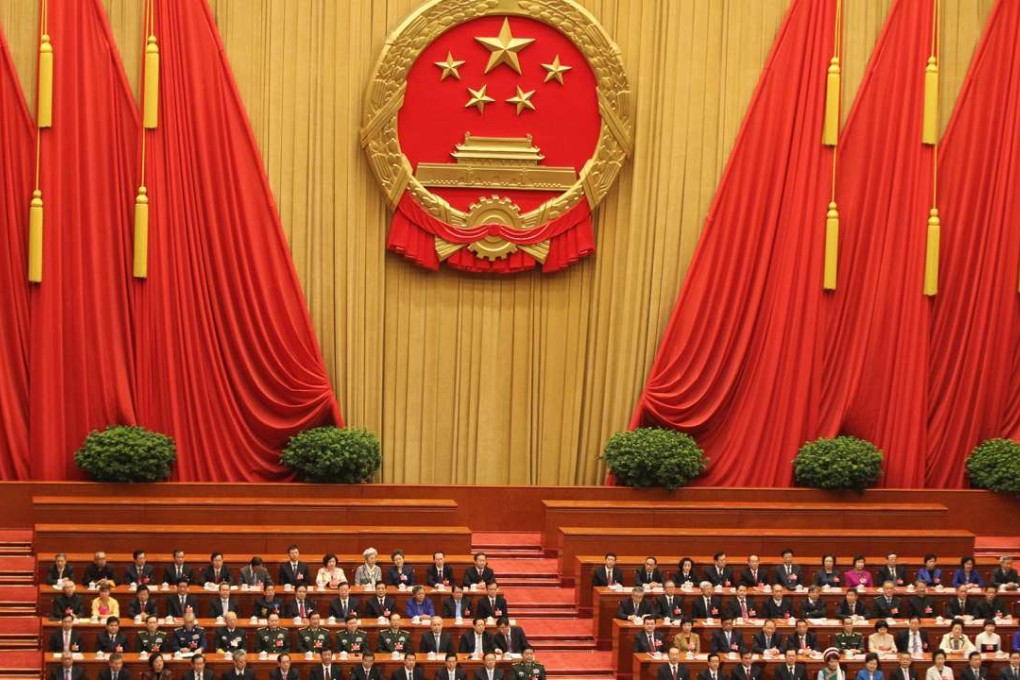The impact of the Liaoning vote-buying scandal may spread far
The unprecedented fraud raises questions about the effectiveness of political institutions adopted more than half a century ago in different economic and political times

There is no perfect system of governance. Beijing says the system of people’s deputies in provincial and national congresses under Communist Party rule suits the needs of the people, as opposed to Western, multiparty democracy and direct election of government leaders. Key to the credibility of the system, however, is that nomination for provincial and national legislatures is seen to be clean and meritorious.
That is why revelations of an unprecedented vote-buying fraud at the core of the northeast provincial legislature of Liaoning prompted the Standing Committee of the National People’s Congress to convene an extraordinary session to deal with them.
The fraud, which took the form of paying for nomination to the provincial and national bodies, resulted in the dismissal of 45 national lawmakers, most of them bosses of government-linked businesses, and the disqualification of more than half the provincial legislature’s standing committee, bringing its operations to a halt because it was unable to muster a quorum. Also, more than 500 Liaoning lawmakers have either resigned or been dismissed after helping rig elections that sent their 45 colleagues to the national legislature. The NPC Standing Committee has set up a caretaker panel to sort out Liaoning.
The exposure of the scandal comes as the party gears up for a major leadership reshuffle at its congress next autumn. It is being seen as part of President Xi Jinping’s plans to shake up power and pull errant cadres into line. But the political impact of the fraud could go far beyond that. It raises questions about the effectiveness of political institutions adopted more than half a century ago in different economic and political times.
Nowadays they are seen, even at the provincial level, as authoritarian and privileged clubs for networking by senior officials and top executives and smoothing the way for business deals. Indeed, lawmakers do not exercise many political rights as people’s representatives. Liaoning was ripe for a shake-up because it is a rust-belt province that once thrived on heavy industry and needs strong, trusted leadership to revive employment growth rather than line the pockets of the elite.
